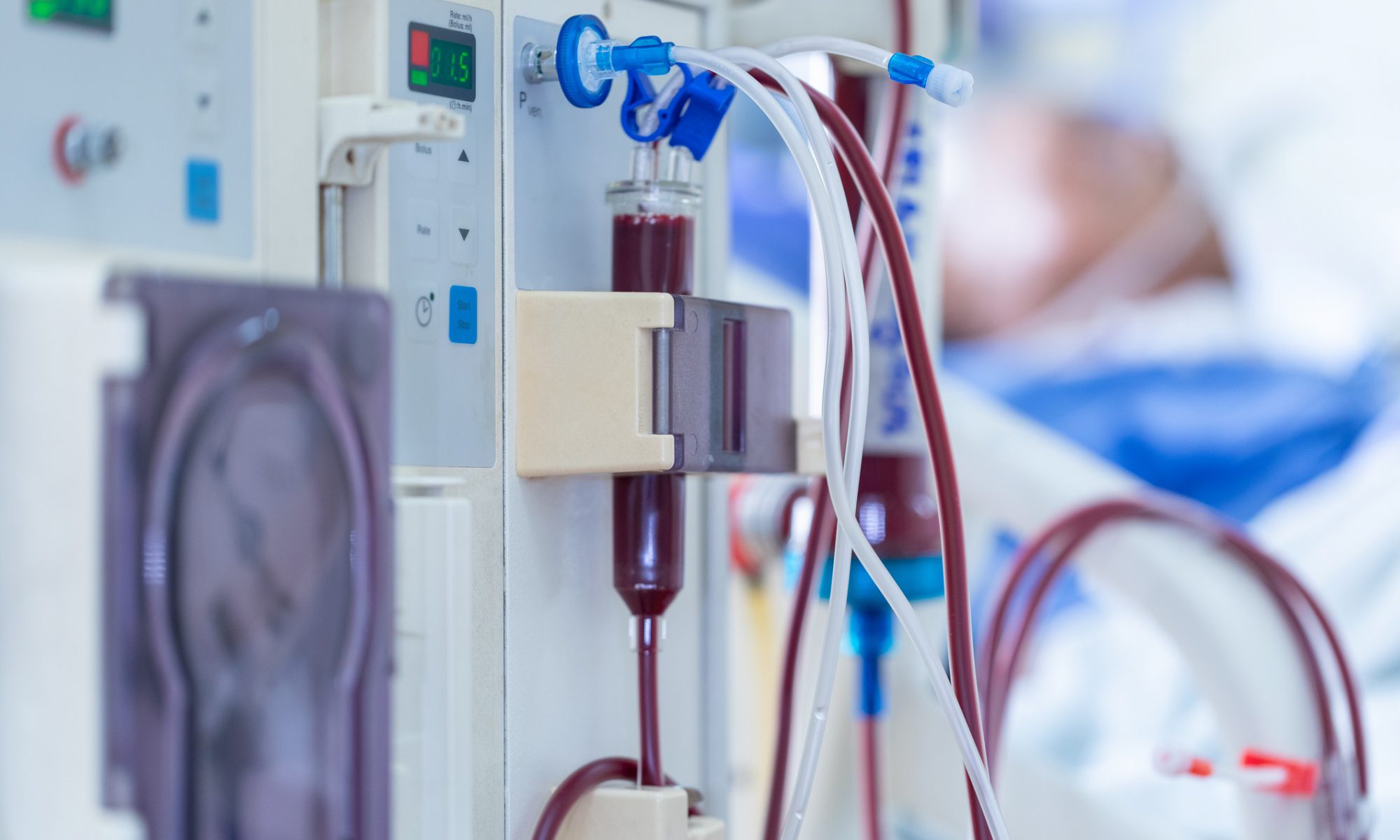The United States has a government agency solely devoted to reducing automobile deaths in the United States, and it spends billions of dollars each year—and requires auto companies to do likewise—in an attempt to make our nation’s roads and the cars that travel on them safer.
However, more people die from kidney disease than from automobile accidents, but we lack any concerted effort to reduce these deaths.
Read the full story in Forbes.




